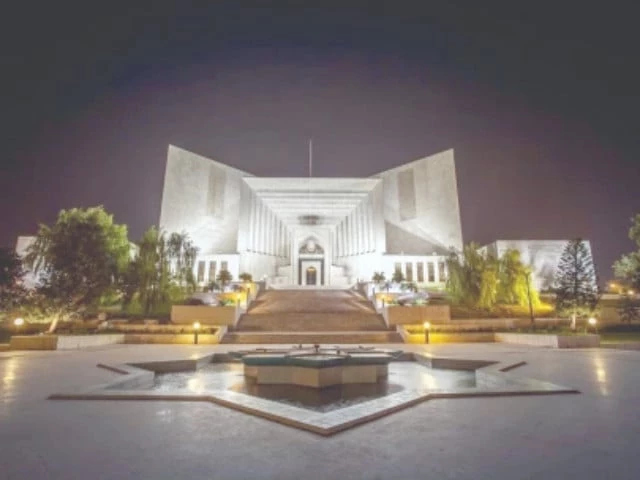Analyzing the Recent Developments in the Islamabad High Court Dispute
In a notable turn of events, the Supreme Court’s registrar’s office recently returned constitutional petitions from five Islamabad High Court (IHC) judges. These petitions, filed under Article 184(3) of Pakistan’s Constitution, aimed to challenge the authority of IHC Chief Justice Sardar Muhammad Sarfraz Dogar. However, procedural objections led to their dismissal, raising questions about the legal strategies at play.
Article 184(3) empowers the Supreme Court to address matters of public importance related to fundamental rights. The registrar’s office emphasized that the judges failed to substantiate claims indicating that their concerns were rooted in public interest rather than personal grievances. This crucial distinction is pivotal, as prior cases like Zulfiqar Mehdi vs PIA set the precedent that personal disputes do not fall under the jurisdiction of the Supreme Court.
The judges—Mohsin Akhtar Kayani, Babar Sattar, Tariq Mehmood Jahangiri, Sardar Ejaz Ishaq Khan, and Saman Rafat Imtiaz—sought to overturn what they considered inappropriate administrative actions by Chief Justice Dogar. Among their requests was a challenge to an order preventing Justice Jahangiri from working, which they claimed violated fundamental rights under Article 10-A.
Interesting dynamics, like the involvement of the Attorney General and the appointment of senior lawyers as amici curiae, show that this conflict isn’t just about administrative authority but also about the integrity and independence of judicial roles. The implications of these petitions extend beyond immediate concerns—they touch on the balance of power within the judiciary and whether the chief justice can unilaterally control judicial functions.
As this saga unfolds, it’s essential for the public to stay informed, as it directly relates to the judicial landscape in Pakistan. The rights of judges and the fundamental principles of judicial independence are at stake, which affects all citizens. For those seeking more insights into judicial matters and constitutional law, connecting with platforms like Pro21st can offer valuable resources and updates. Engaging actively in discussions around these topics enhances awareness of our rights and the judicial systems meant to protect them.
At Pro21st, we believe in sharing updates that matter.
Stay connected for more real conversations, fresh insights, and 21st-century perspectives.





